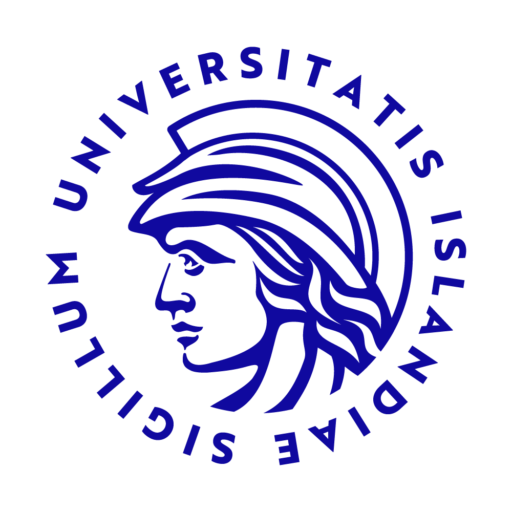Main author: Thiago Valdares de Oliveira
Institution or Company: Chemistry Department, Faculty of Physical Sciences, Science Institute University of Iceland, Dunhagi 3, 107 Rvik
Co-Authors, Institution or Company:
Jóhanna Margrét Grétarsdóttir, Chemistry Department, Faculty of Physical Sciences, Science Institute University of Iceland, Dunhagi 3, 107 Rvik. Sigríður Guðrún Suman, Chemistry Department, Faculty of Physical Sciences, Science Institute University of Iceland, Dunhagi 3, 107 Rvik.
Introduction: Cyanide and its biochemical implications have been studied throughout decades. Molybdenum complexes have been discussed as a catalyst in its quick conversion into a less harmful product. [(DMF)3Mo2O2(μ-S)2(S2)] was used in the conversion of cyanide as parallel ligand exchange of the DMF and a sulfur abstraction reaction, forming thiocyanate.
Methods: Complexes with a-amino acid and disulfide ligands with the formula K[(L)Mo2O2(μ-S)2(S2)] (L = leu (1), met (2), thr (3), ser (4)), were synthesized and these complexes demonstrated similar mechanism for the sulfur abstraction reaction, forming thiocyanate.
Results: The proposed mechanism was found to be initiated by sulfur abstraction from the complex. Studies of the interaction of the sulfur donor with the catalyst metal center elucidated important information regarding the thiocyanate formation. Stepwise study of the mechanism through isolation, and analysis of intermediates will provide advances for in vivo formulation and treatment delivery.
Conclusions: Advances in the conversion of cyanide into thiocyanate progressed in these studies and will aid in next generation design of new complexes with close attention to the details of the reaction mechanism.

